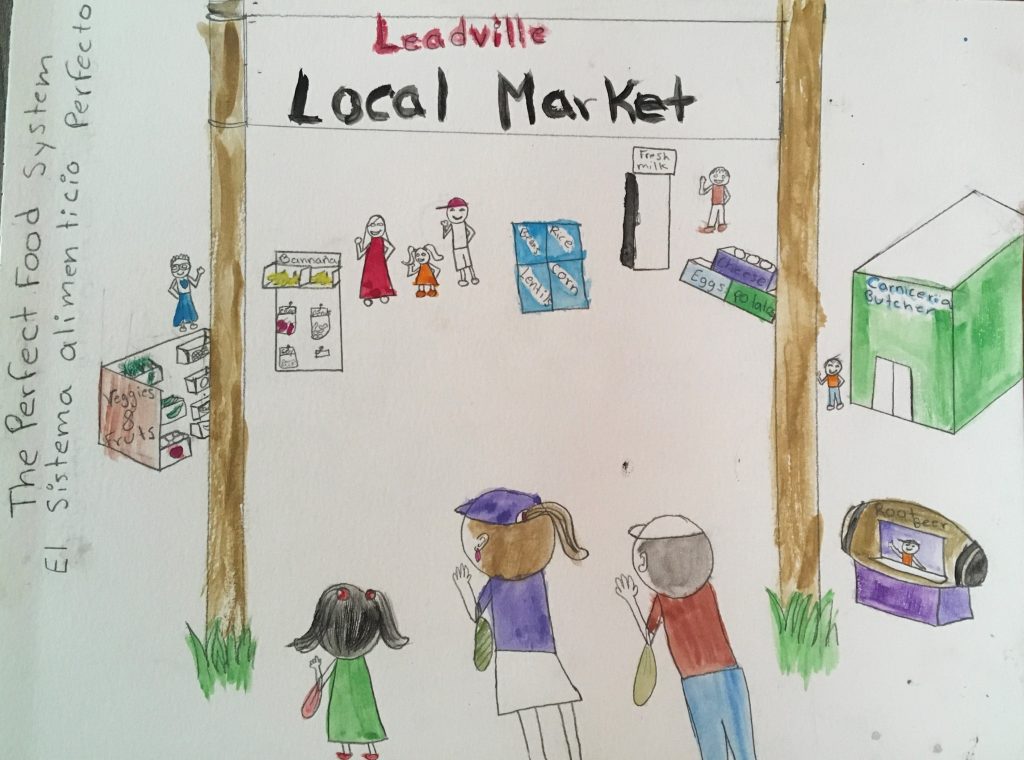To Join Us
If you are passionate about access to healthy, affordable food for all, come volunteer with our Food Access Coalition. To find out more about the coalition’s work and when meetings are next scheduled, please reach out to Mara Gwin at mara@lcbag.org.
The Food Access Coalition is working to build a community in which the healthy food our residents are entitled to is affordable and available to all. We imagine a resilient and sustainable Lake County food system that:
- Enables all community members to access the food they need to thrive
- Elevates community leadership
- Educates and empowers choice
- Builds lasting relationships
Why the Work Matters
According to Hunger Free Colorado, in 2020, nearly 1 in 3 Coloradans (29%) struggled with not having enough money to always buy food. To break this down by age, 1 in 8 Colorado kids (12%) don’t always know when or where they will get their next meal, while 1 in 30 (3.2%) of Colorado seniors struggle with having enough food.


Not all community groups experience the burden of household food insecurity equally. “People with lower incomes, rural residents, young adults, black/African American and Hispanic/Latinx people, and women were disproportionately affected by food insecurity,” explains the Colorado Health Institute.
However, ensuring that all community members have access to nutritious food is key to making sure that everyone in our community is physically and mentally healthy. Food security (the experience of consistently having access to enough food for an active, healthy life for all household members) supports other positive outcomes, such as educational achievement, self-sufficiency, access to economic opportunities, the absence of disease, positive sense of self, and good mental health.
Recent Milestone
The Food Access Coalition recently completed the 2020 Lake County Community Food Systems Community Connector Report. This document, created with the hard work of community members who conducted over 50 interviews in our community, outlines the following strengths, gaps, and vision for change in our food system:
Strengths
- Senior Center meals, St. George’s food pantry, Cloud City farm
- School Free & Reduced and Breakfast After the Bell programs
- Food assistance benefits through WIC and SNAP
- A responsive community and new pilot food programs during COVID-19
Gaps
- Lack of retail options and variety
- Stigma and shame around applying for food assistance
- Lack of education and awareness of food programs and resources
- Pilot food programs during COVID may not be sustainable long-term
What Could Be
- More affordable options to access food
- More shopping options available
- Have a market just for fresh fruit and vegetables
- Continue food programs that help families access food year-round

